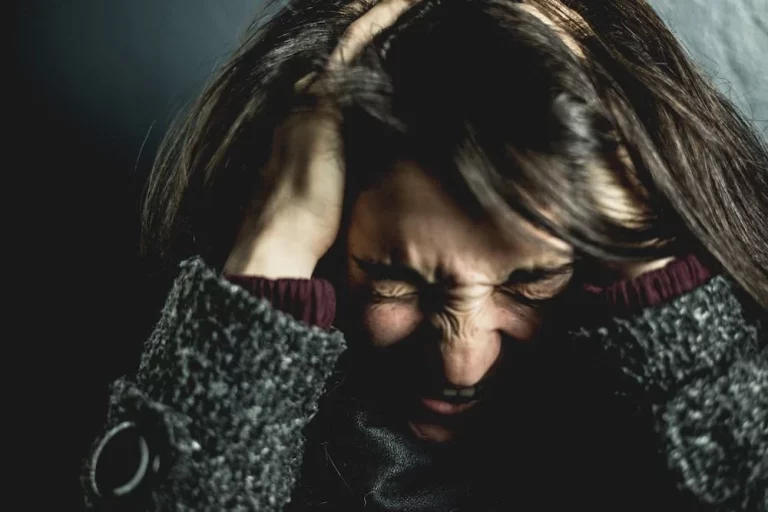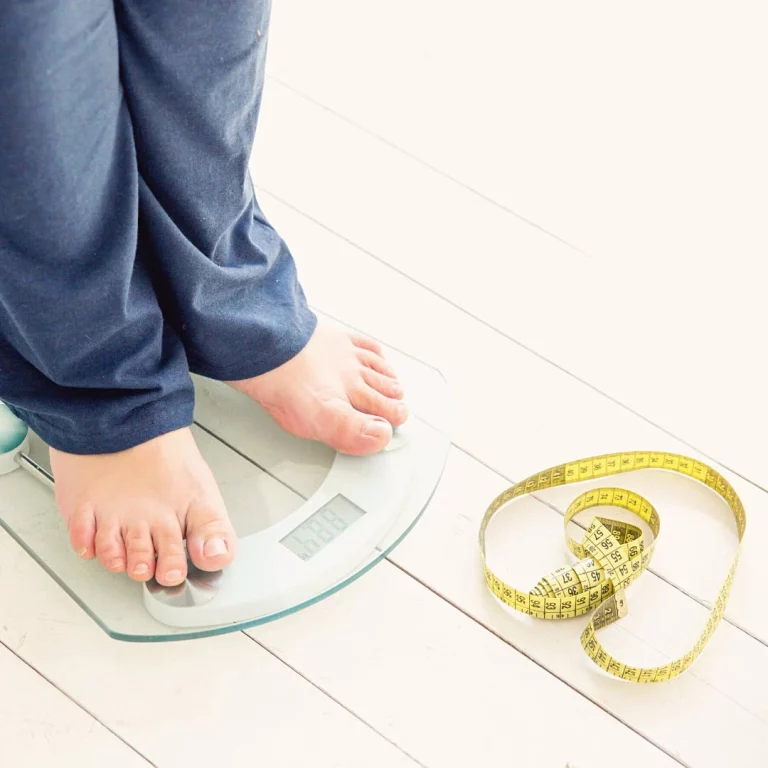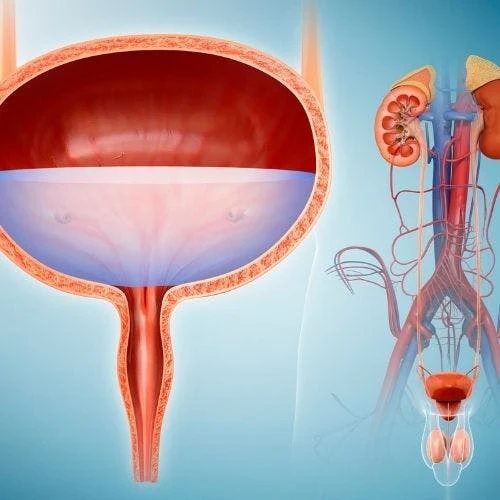Crying After Sex
Do you feel like crying after sex? While many people feel euphoric after sex, feeling sad may not be as uncommon as you think. There is even a scientific name for feeling tearful after sex. It is called Post Coital Dysphoria (PCD), also sometimes called postcoital tristesse. Tristesse is a French word for sadness. Both men and women can experience Post Coital Dysphoria. In fact, one study showed that 40% of men have experienced it once in their life, and almost half of female university students also had experienced PCD at least once in their life.
The exact science behind crying after sex is unclear. It is likely due to multiple factors in a person’s life combined with the intense hormonal changes that are happening in your body before, during, and after sexual intercourse.
Interestingly, a study showed that crying after sex was not related to the level of intimacy a couple had in a relationship. Even people in very long-term relationships can feel like crying after sex. Post Coital Dysphoria does not specifically refer to crying after sex. It can also mean that someone feels sad, irritated, or anxious after sex, even if it is with a long-term partner that they love and have an intimate relationship with.
The intense roller coaster of emotions can cause a different reactions in different people. Let’s take a look at human sex psychology and what happens in our brain during sex.
Functions Of The Limbic System
Leading up to sex the limbic system which is the emotional center of the brain, shows an increased sign of activity. The limbic system in the brain is made up of two main parts, and these are the hippocampus and the amygdala. In general, the limbic system functions to guide our behavioral and emotional responses in life. More specifically, the limbic system function is related to hunger, motivation, sex drive/libido, mood, pain, pleasure, appetite, and memory. Given these specifics, it’s not surprising that limbic system activation could lead to crying after sex.
What Specifically Causes Crying After Sex?
The specific hormonal and neurotransmitter changes behind feeling sad after sex are not well understood. There is some research to support that people who are generally more emotional are more likely to experience it. Also, a person’s style of how they attach to people can play a role. Additionally, a person’s personal history also matters. If someone has a history of childhood sexual abuse or sexual trauma, they may be more likely to experience PCD and crying after sex. In general, however, the exact science and causal factors leading one person to experience PCD and one person to not experience it are not truly known.
In addition to the limbic system, dopamine is released in large amounts during sex and especially during orgasm. After sex, there is a drop in dopamine and a rise in prolactin levels. For many people, this rise in prolactin levels should allow the feelings of pleasure and satisfaction from the orgasm to continue as dopamine drops. Because dopamine levels drop below their normal baseline for a period of time, it is possible that some people may be more sensitive to this. In these individuals, the rise in prolactin may not be able to compensate for this drop in dopamine. This may contribute also to feelings of sadness after sex. More research and studies in this area need to be done in order to find the exact science behind why some people experience Post Coital Dysphoria and others do not.
Sources:
Related: Neon Yellow Pee – What Causes It?
Anand KS, Dhikav V. Hippocampus in health and disease: An overview. Ann Indian Acad Neurol. 2012 Oct;15(4):239-46. doi: 10.4103/0972-2327.104323. PMID: 23349586; PMCID: PMC3548359.
https://www.ncbi.nlm.nih.gov/pmc/articles/PMC3548359/
https://en.wikipedia.org/wiki/Post-coital_tristesse
Burri A, Hilpert P. Postcoital Symptoms in a Convenience Sample of Men and Women. J Sex Med. 2020 Mar;17(3):556-559. doi: 10.1016/j.jsxm.2019.12.009. Epub 2020 Jan 11. PMID: 31937518.
https://pubmed.ncbi.nlm.nih.gov/31937518/
Schweitzer RD, O’Brien J, Burri A. Postcoital Dysphoria: Prevalence and Psychological Correlates. Sex Med. 2015 Oct 5;3(4):235-43. doi: 10.1002/sm2.74. PMID: 26797056; PMCID: PMC4721025.
https://pubmed.ncbi.nlm.nih.gov/26797056/
Mallick, H. N., Tandon, S., Jagannathan, N. R., Gulia, K. K., & Kumar, V. M. (2007). Brain areas activated after ejaculation in healthy young human subjects.Indian journal of physiology and pharmacology,51(1), 81.
https://pubmed.ncbi.nlm.nih.gov/17877297/
Dailly E, Chenu F, Renard CE, Bourin M. Dopamine, depression and antidepressants. Fundam Clin Pharmacol. 2004 Dec;18(6):601-7. doi: 10.1111/j.1472-8206.2004.00287.x. PMID: 15548230.
https://pubmed.ncbi.nlm.nih.gov/15548230/
We discuss products we think are useful to people. If you buy something through our links, we may earn a commission. Remember to check with your personal physician to see if a product recommended is right for you.








